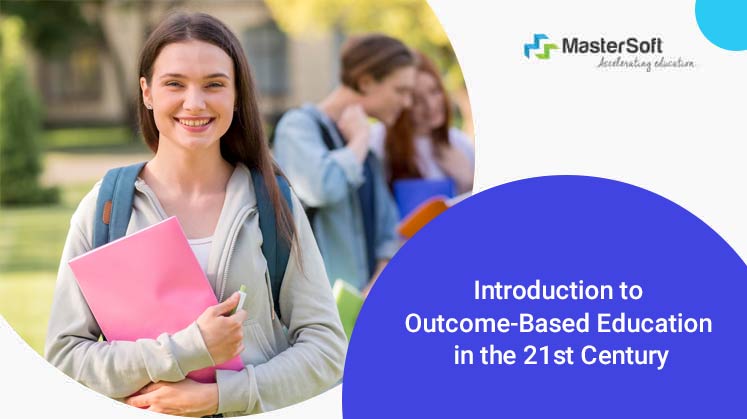Outcome-Based Education (OBE) is an educational approach that focuses on defining specific learning outcomes and aligning instructional strategies, assessment methods, and curriculum design to achieve those outcomes. It emphasizes the importance of clearly articulating what students should know, understand, and be able to do at the end of a learning experience.
In the 21st century, OBE has gained significant attention and adoption due to its ability to address the evolving needs of students and the changing landscape of education. Traditional education systems often focused on content delivery and standardized testing, but OBE takes a more holistic approach by placing emphasis on the desired learning outcomes and the application of knowledge in real-world contexts.
The key features of outcome-based education in the 21st century include:
- Learner-Centered Approach: OBE places the learner at the center of the educational process. It recognizes the diverse needs, interests, and learning styles of students and tailors instruction to meet their individual requirements. This approach promotes active engagement, self-directed learning, critical thinking, and problem-solving skills.
- Clearly Defined Learning Outcomes: OBE establishes clear and measurable learning outcomes that students are expected to achieve. These outcomes are specific, observable, and often described using action verbs to indicate the desired level of performance. They guide the design of curriculum, instruction, and assessments.
- Competency-Based Learning: OBE emphasizes the development of competencies or skills rather than just the accumulation of knowledge. It aims to equip students with the essential skills needed to thrive in the 21st-century workforce, such as communication, collaboration, creativity, critical thinking, and digital literacy.
- Authentic Assessment: OBE utilizes various forms of authentic assessment methods to evaluate student learning. These assessments go beyond traditional tests and exams and include projects, portfolios, presentations, and real-world applications of knowledge. Authentic assessments provide students with opportunities to demonstrate their understanding and apply their skills in meaningful ways.
- Continuous Improvement: OBE encourages a cyclical process of continuous improvement. Feedback from assessments and student performance is used to refine and enhance instructional practices. Ongoing assessment data helps educators identify areas for improvement, adjust teaching strategies, and provide targeted support to students who need it.
- Integration of Technology: In the 21st century, technology plays a crucial role in education. OBE leverages technology to enhance teaching and learning experiences. It enables access to vast resources, promotes collaboration, supports personalized learning, and facilitates the development of digital literacy skills.
Outcome-Based Education in the 21st century aims to prepare students for the challenges and opportunities of a rapidly changing world. By focusing on desired outcomes, fostering learner-centered approaches, and integrating technology, OBE supports the development of adaptable, lifelong learners equipped with the skills and competencies needed for success in the modern society.


